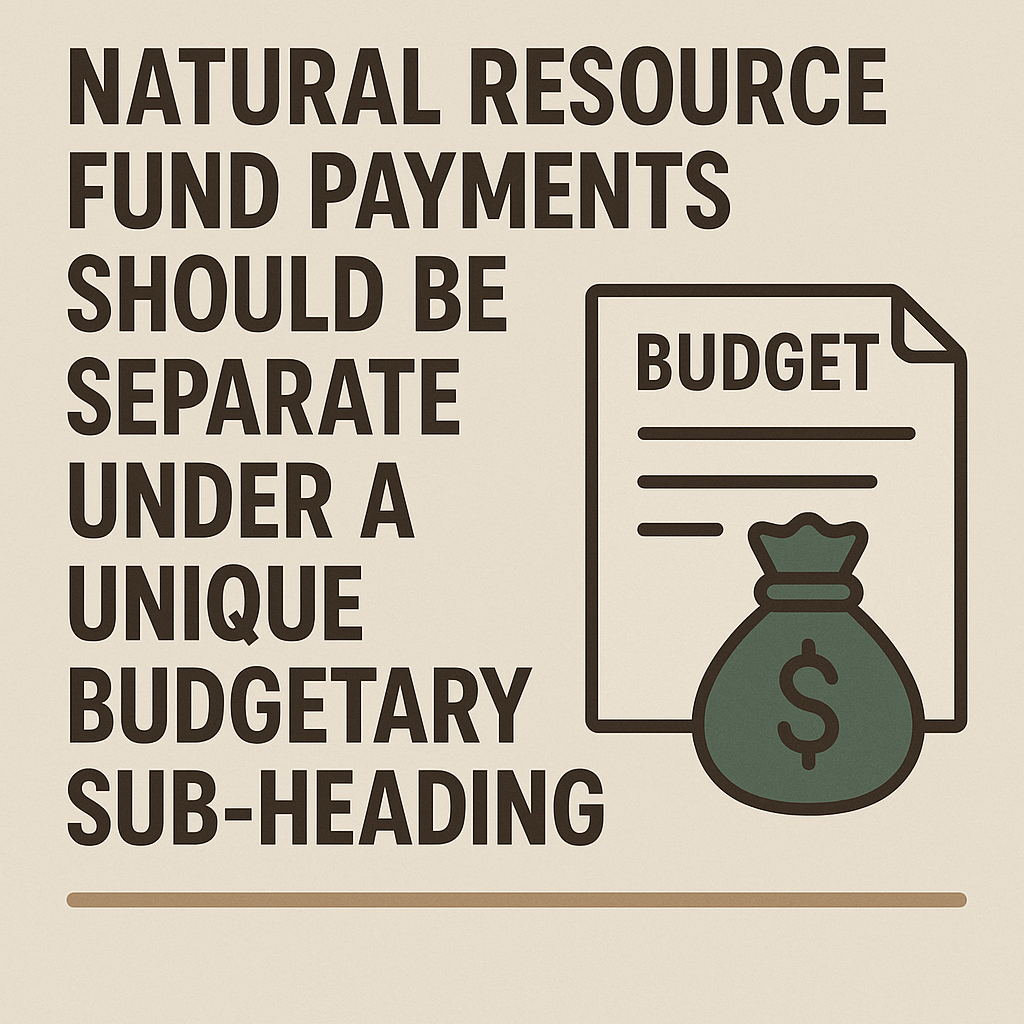The letter in SN 25-01-06 by Sanjeev Datadin may not be in line with universally accepted legal principles. It appears that an ordinary business contract can over-ride Guyana’s Constitutional Laws governing taxation. Further, can one party create a law to break another law? These are principles in the Law of Contract, in Cheshire and Fyfoot, text and cases. It is quite puzzling why Guyana’s taxation laws, Constitutional as they are, are not applicable to all corporations on a level playing field. That is tax unfairness.
The tax burden is being shifted to all domestic taxpayers to cover high direct costs subtracted from Crude Oil revenues, leaving a smaller amount to do 50/50 profit sharing. Guyana’s share is insufficient to cover its Budgetary Expenditures, including indirect costs and other accommodating expenses. In Bank of Guyana Annual Report 2023, total current plus capital expenditures were G$791,809 millions. Natural Resource Fund (NRF) withdrawal was G$208,422 millions (26%). Tax Revenue was G$366,615 millions (46%). The role of the oil revenues piped in through the NRF is insufficient to balance the Government Budget. An economic principle is being violated according to Princeton Environmental Economists. Taxation or external indebtedness is expected to fill the gap in Guyana’s fastest growing economy.
The trail of indirect costs for Government to bear; extra roads and congestion, extra housing, extra training in all fields, waste disposal, environmental interference to accommodate oil-related wastes, unmeasurable impact on Guyana’s fish population, and so on. These are extraordinary costs that are excluded from the 2016 Petroleum Sharing Agreement. Does Guyana need to comply with its Sovereign Corporation’s taxation laws? The PSA2016 agreement did not forsee these extraordinary changed circumstances (Force Majeure, Article 24). The contract should be renegotiated to uphold Guyana’s Constitutional Laws; laws to protect all and sundries – people from contracting to overcome Sovereign Tax laws.
Sincerely,
Ganga Persad Ramdas











